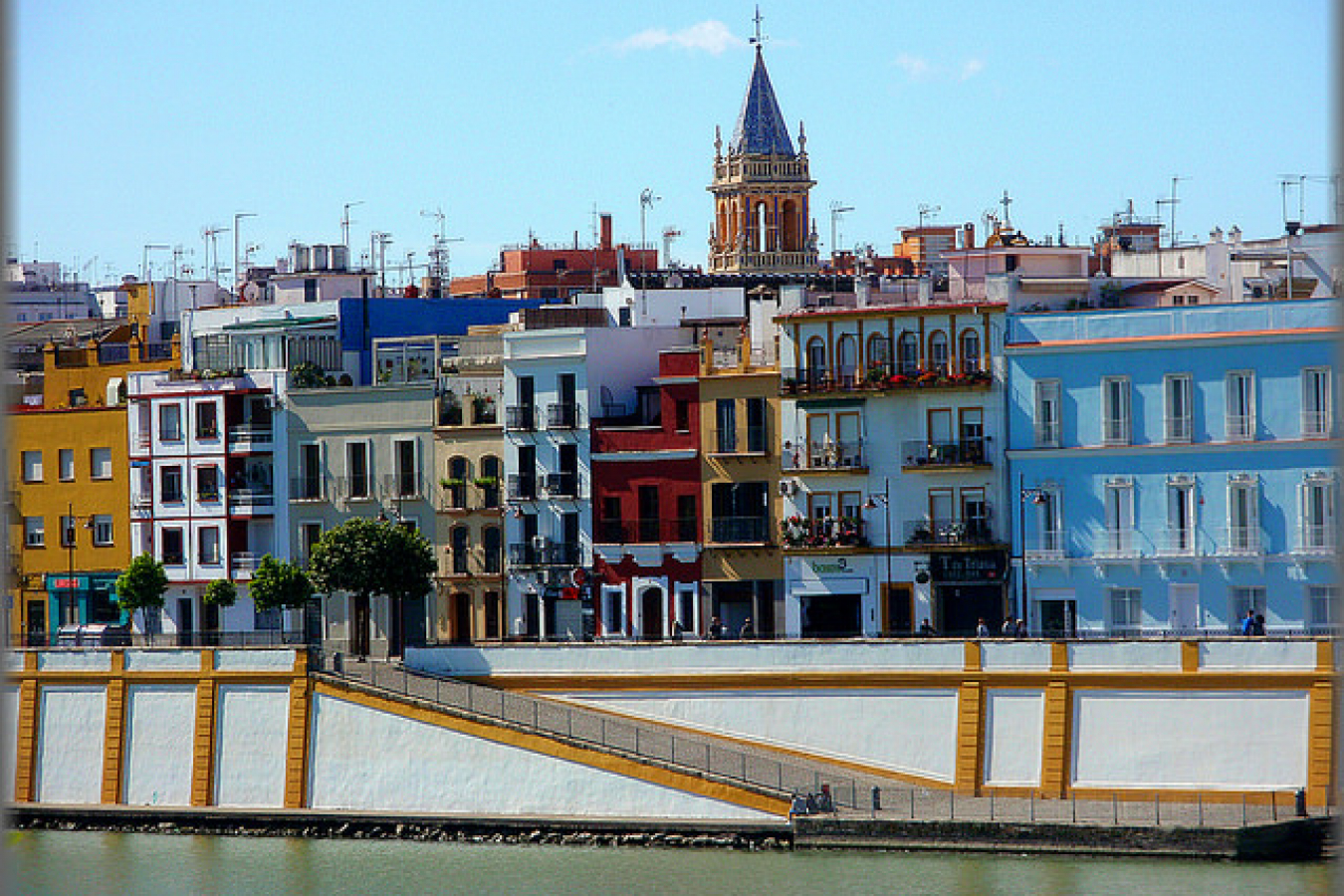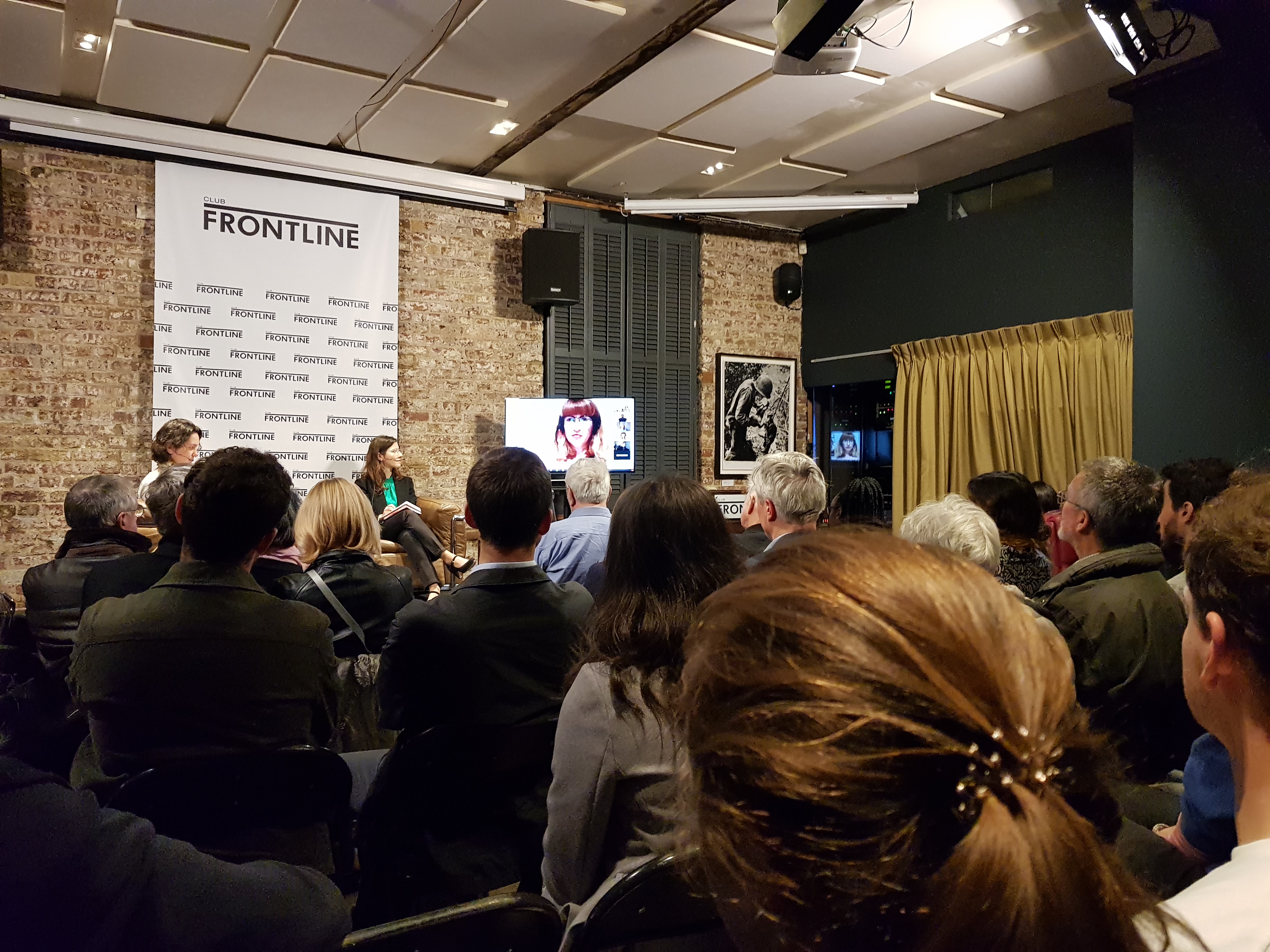There are over 900 million people living in Africa, with nearly 200 million located in North Africa. The temptation to attempt a seemingly small crossing of the Mediterranean is drawing many. Stories about the economic boom of Europe, and the ability to travel between countries without a visa are encouraging desperate people to attempt leaving Africa for a better life.
Adding to the migration is the fact that somewhere near 50% of the population is under the age of 17, generally with limited education and access to news.
At this rate, there will be an estimated 2 billion people living in Africa by 2050. The EU will remain an attractive immigration zone, and todays problems seem to be only a sign of what may come, unless some actions are taken.
One general trend is to increase border security, but this is seen as having limited effectiveness. While the EU will continue to advance programs along these lines, more is required.
Funding a development drive in Africa seems to be one of the most effective answers. Rather than fighting the trend of people to leave an area they view as less desirable, the trend will be to make the places of origin more attractive to stay. At least, that's the theory.
During the recent summit, it was clearly laid out that Europe cannot be turned into a fortress, and that the concept of zero-immigration is an unlikely strategy to win. In fact, some immigration is necessary. The idea is to control it to a manageable stream.
By the numbers, the UN estimates that about 190 million people are in North Africa today, 1.8 million of them who are actively attempting to migrate. Many are attempting to reach Malta or Lampedusa from Libya, hoping to enter via Italy. Others are attempting to jump directly to Spain from Morocco, or indirectly to Spain via the Canary Islands from Senegal, Mauritania and Western Sahara.
Of the 905 million people in Africa, 17 million are considered to be 'migrant stock' by the UN.
French President Jacques Chirac is pushing hard for an economic development solution. By going "back to the basic issues with regard to immigration," he is calling for a long-term solution. Measures to cope with the crushing poverty of the nations as well as slowing and stopping the conflicts of the regions are required.
Spain has recently announced a three-year initiative to restrict the flow of immigrants coming from West Africa. In the first half of 2006, an estimated 8,000 illegal immigrants have entered via the Canary Islands, while another 1,000 are believed to have died in the attempt.
"Let us offer Africa's youth a future of dignity. Then it will not risk resorting to violence and extremism, or choosing, en masse, the paths of exile," President Chirac told the delegates to the summit. While emphasizing the need for Europe to enter into developmental partnership with African nations, he also noted that illegal migration requires an "energetic fight against trafficking networks" in combination with "co-operation to improve border surveillance."
Related:
• EU and Africa meet to discuss migration problems
• UN Population Commission issues report on migration
• EU to offer aid to Africa to take back migrants
• Malta experiences illegal immigrant crush, requests EU help
• European Commission plans spyplanes to patrol EU borders
• African migrants attempt entry into the EU via Mediterranean
• EU courts rule against Schengen ban




